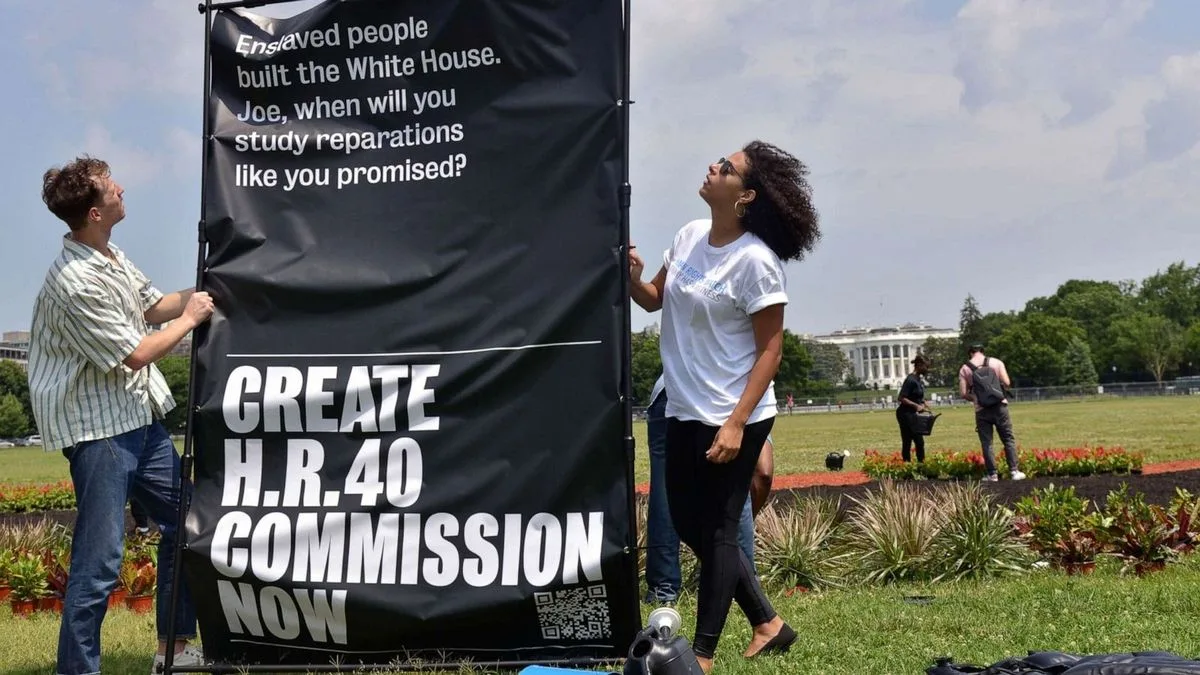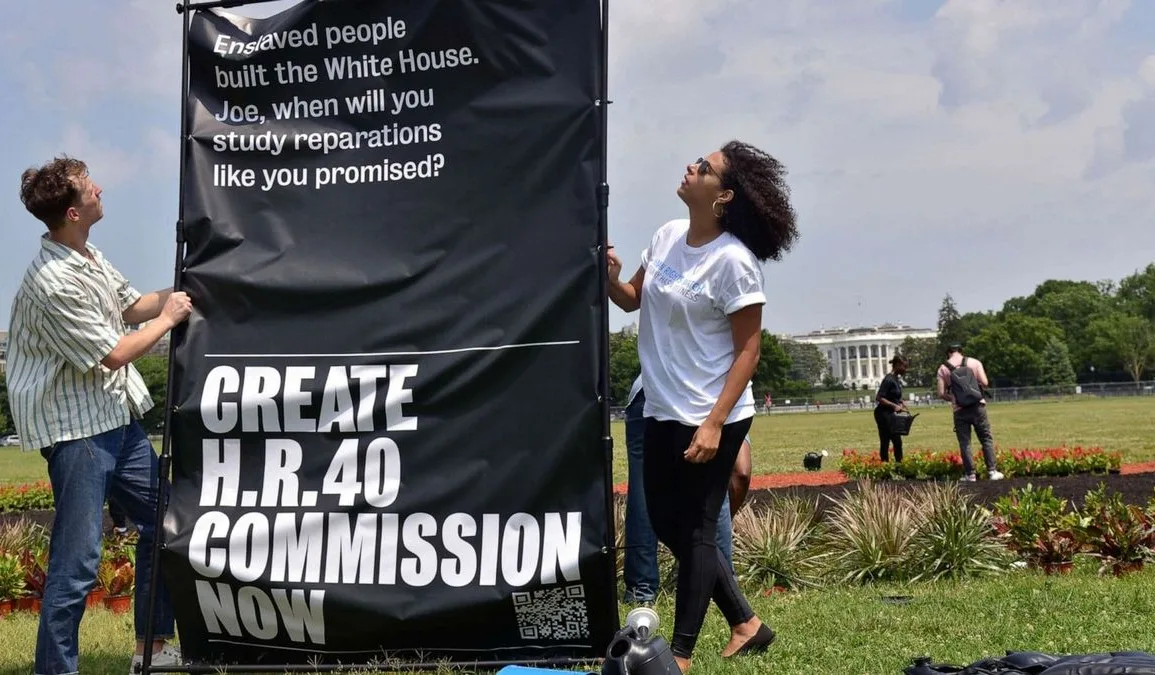
When Joe Biden stood before America, promising a new dawn for racial justice, many saw a beacon of hope. Among these promises was a commitment to explore reparations for African Americans, a topic that has long simmered on the nation’s conscience. Yet, as we stand today, the path to fulfilling this pledge appears untrodden, leaving many to question the fate of this crucial commitment.
The Promise of Progress
Amidst the fervor of a nation grappling with its racial wounds, Biden’s vow seemed to herald a significant shift. The idea wasn’t merely symbolic; it spoke to a broader agenda aimed at addressing the deep-seated disparities rooted in the country’s history of slavery and racial injustice. Steps were taken to reduce the uninsured rate among African Americans and to enhance the affordability of historically Black colleges and universities. Yet, the cornerstone of this pledge — the study of reparations — remains conspicuously stagnant.
The Hurdles to Healing
The legislative vehicle for exploring this ambitious goal, known as H.R. 40, has been introduced but languishes without a vote in a Republican-led House. The killing of George Floyd in 2020 only amplified the urgency and relevance of this discussion, yet political will seems scarce. While reparations could serve as a conduit for addressing centuries of injustice and disparity, the topic is mired in controversy, unpopular among a significant swath of Americans. This polarized backdrop presents a formidable barrier to advancing the reparations study, let alone the broader conversation about tangible financial compensation.
A Reflection on Promises
Experts and advocates alike have criticized the administration’s lack of action. The promise of studying reparations, without the follow-through of establishing a commission or backing congressional proposals, has led some to view this as a broken promise. The call for reparations is not just a call for financial restitution; it’s a plea for acknowledgment, for healing, and for rectifying historical wrongs. Yet, as this promise remains unfulfilled, it underscores the complexities of turning well-intentioned pledges into actionable policy, especially on matters as contentious and profound as reparations.
Despite the hurdles, the conversation around reparations and racial justice continues to evolve. The failure to launch a study under Biden’s tenure thus far does not mark the end but perhaps a stalled beginning. As America continues to grapple with its history, the promise of reparations — and the broader quest for racial justice — remains a pivotal chapter yet to be written.


